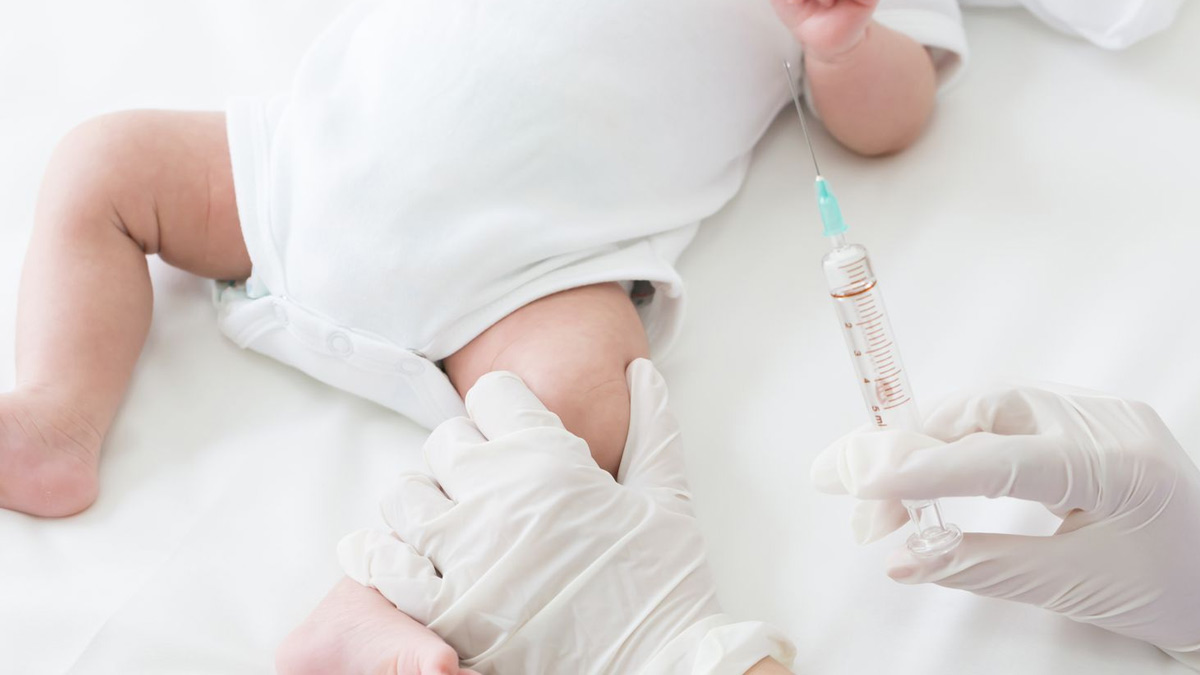
Vaccination is a critical step in ensuring the health and well-being of your newborn. This guide will provide comprehensive information on the essential vaccines administered to newborns, including their importance, scheduling, and post-vaccination care. Proper understanding and timely administration of these vaccines can protect your child from various life-threatening diseases.
Table of Content:-
Vaccinations For A Newborn
Hepatitis B Vaccine
Administration Time: Within the first 24 hours after birth
Protection Offered
The Hepatitis B vaccine protects against Hepatitis B, a serious liver infection caused by the Hepatitis B virus. This infection can lead to chronic liver disease, liver cancer, and cirrhosis.
Administration Details
The vaccine can be given as a standalone injection or as part of a combination vaccine that also covers other diseases. It is crucial to incorporate this into the routine immunisation schedule for infants.
Parental Guidance
Consult your healthcare provider for detailed information and to address any concerns you may have about the Hepatitis B vaccine.

BCG Vaccine
Administration Time: Before discharge from the hospital
Protection Offered
The Bacillus Calmette-Guérin (BCG) vaccine is the only available vaccine against tuberculosis (TB), a potentially severe infectious disease primarily affecting the lungs.
Administration Details
Administered as a single dose, the BCG vaccine is an essential part of the routine immunisation for newborns.
Also Read: One Child In Four At Risk Of Irreversible Harm Due To Restricted Diet, UN Report Says
Parental Guidance
Discuss with your healthcare provider about the BCG vaccine and ensure it is administered before your newborn is discharged from the hospital.
Oral Polio Vaccine (OPV)
Administration Time: As soon as possible after birth
Protection Offered
The OPV protects against poliomyelitis (polio), a highly infectious viral disease that can cause paralysis and even death.
Administration Details
The polio vaccine can be given alone or as part of a combination vaccine that also includes other immunisations. Since there is no cure for polio, vaccination is the only effective protection.
Also Read: WHO Confirms Human Case Of Bird Flu In India; Know Symptoms And Precautions
Parental Guidance
Make sure to consult your healthcare provider to include the OPV in your child’s immunisation schedule.
What to Do if You Miss a Vaccination?
If your child misses any scheduled vaccination dose, it is essential to consult your doctor about catch-up vaccination. The doctor will provide a revised schedule to ensure your child receives the necessary protection against these diseases.
After-Vaccination Care
Common Reactions
Post-vaccination, your child may experience mild reactions such as pain at the injection site or a rash. These symptoms are usually mild and resolve quickly.
Parental Guidance
Your doctor will provide specific post-vaccination care instructions. Follow these instructions carefully to ensure your child’s comfort and safety.
Additional Tips for Parents
- Educate Yourself: Read up on each vaccine before visiting the doctor.
- Plan Accordingly: Schedule vaccinations during weekends to have ample time to care for your child post-vaccination.
- Dress Appropriately: Dress your baby in clothes with easy access to the arms to facilitate the vaccination process.
- Comfort Items: Bring your child’s favourite toy to provide comfort during the vaccination.
- Explain Benefits: If your child is old enough, explain the importance and benefits of vaccination to alleviate any fears.
Bottomline
Ensuring that your newborn receives timely vaccinations is a vital part of protecting their health. Consult with your healthcare provider to create a vaccination schedule and follow it diligently. By taking these steps, you can help safeguard your child against severe diseases and contribute to their long-term well-being.
Also watch this video
How we keep this article up to date:
We work with experts and keep a close eye on the latest in health and wellness. Whenever there is a new research or helpful information, we update our articles with accurate and useful advice.
Current Version